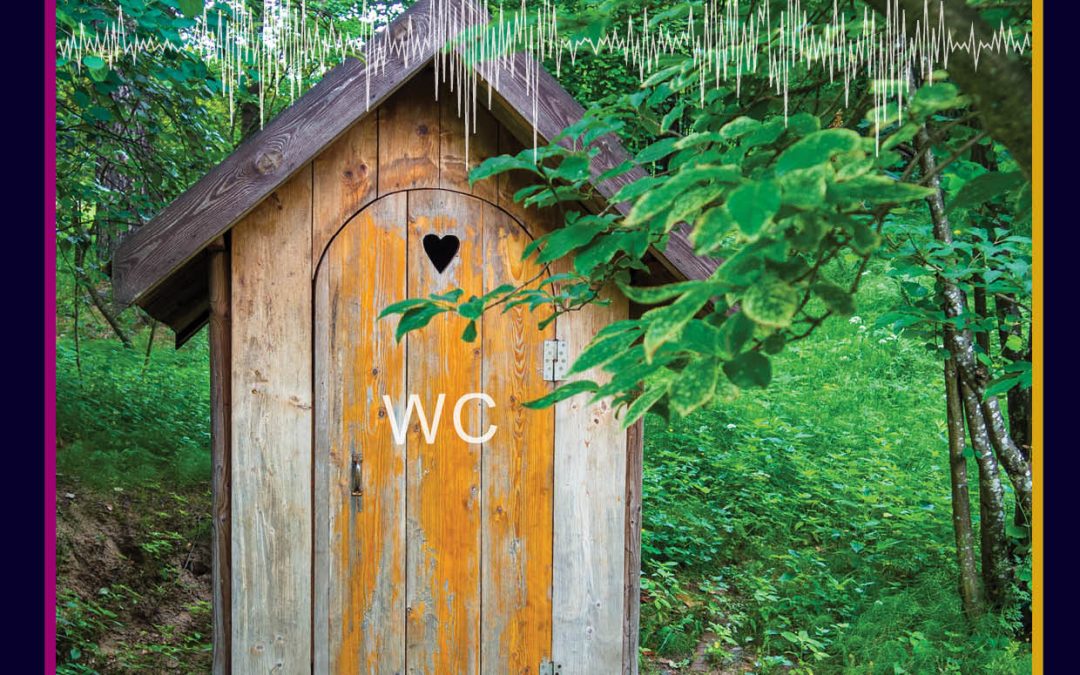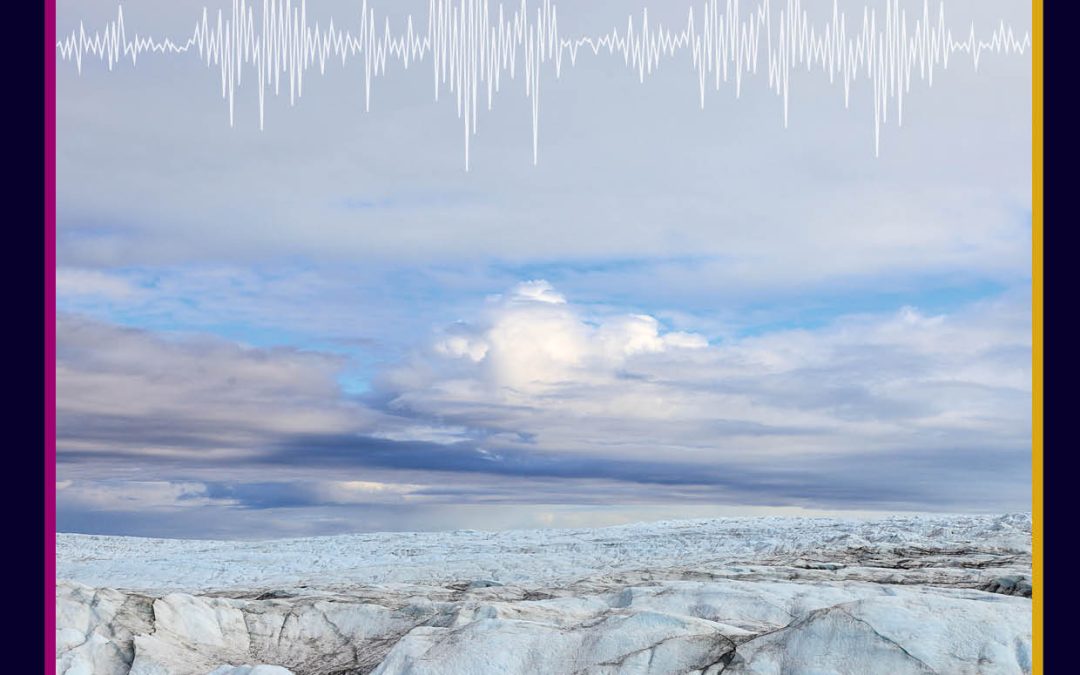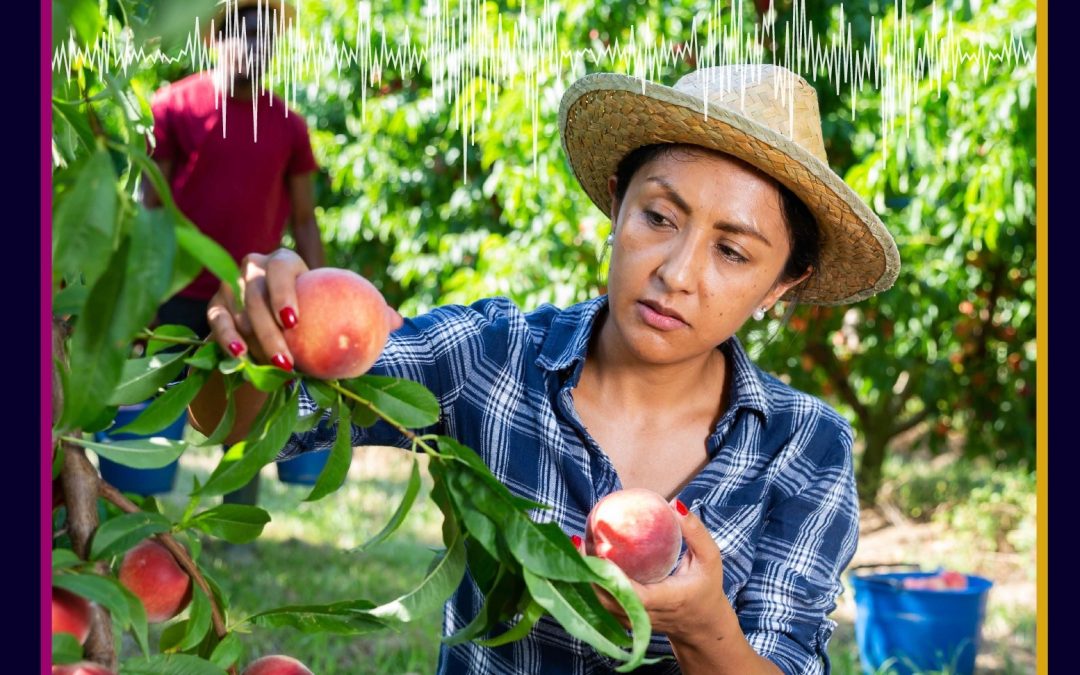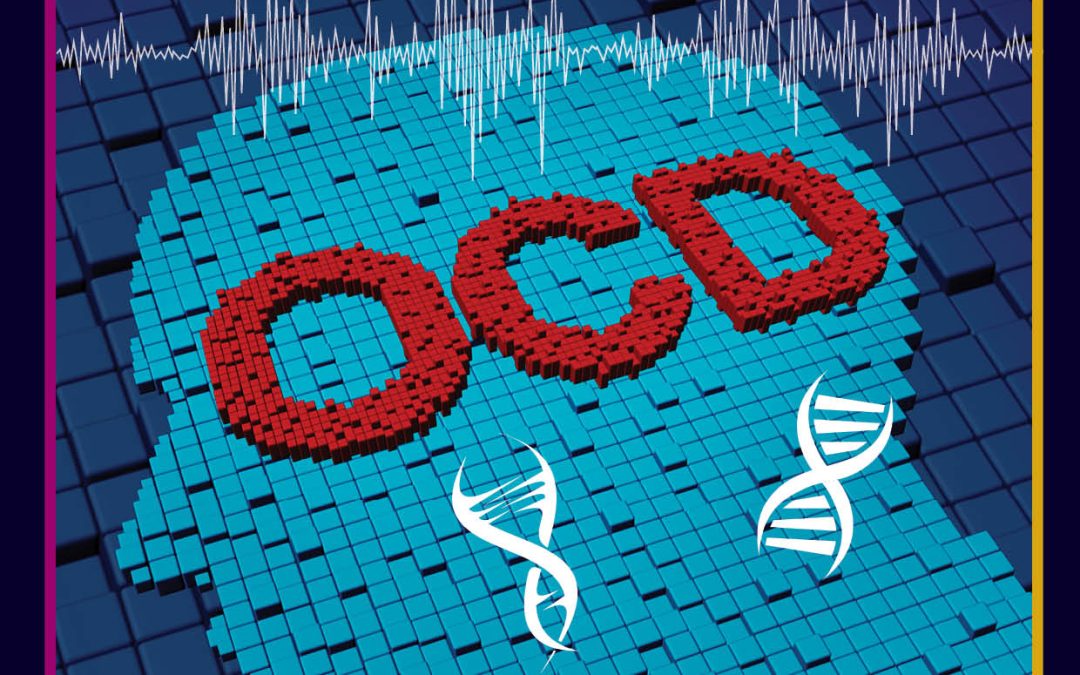
by admin | May 18, 2022 | arts and humanities, trending
Dr Eric Nelson, a political theorist and Professor of Government at Harvard University, recently published a book entitled ‘The Theology of Liberalism: Political Philosophy and the Justice of God’. In this book, Nelson argues that liberal traditions in politics are ultimately a product of ancient theological disputes about freedom of the will. Dr Edward Andrew, a Professor Emeritus at University of Toronto, recently published a paper that questions some of the ideas introduced by Nelson in his recent work. His paper highlights the failure of Nelson’s ideas to reconcile differences between Christians and Jews or provide for religious toleration. Andrew also suggests that a liberalism based on utility rather than individual rights, or what Nelson calls ‘dignitarian liberalism’, would be less likely to generate social inequities.

by admin | May 6, 2022 | physical sciences, trending
Faecal sludge, a material derived from human waste, can be difficult to dispose of and causes significant disease and pollution worldwide. However, it also shows potential as a fuel, fertiliser and even a building material, if properly treated. Dr Santiago [san-tee-ah-go] Septien [sep-tee-uhn] Stringel and his team at the WASH R&D [wash R and D] Centre of the University of KwaZulu-Natal [kwah-zoo-loo-nay-taal], in Durban, South Africa, have been investigating the process for drying faecal sludge, towards developing new ways of transforming it into sustainable products.

by admin | May 4, 2022 | earth and environment, trending
Over the past few millions of years, a succession of ice ages has profoundly influenced the geology of Earth’s northerly latitudes. These past events continue to influence our lives today – particularly in the fertile regions we now rely on for agriculture. By tracing the advances and retreats of ice sheets, Dr Alison Anders at the University of Illinois is gaining important new insights into how the landscapes and ecosystems of these regions are intrinsically linked to the geological past. Her team is also revealing how these areas are responding to a changing climate, and to complex human relationships with the land.

by admin | Apr 19, 2022 | education & training, trending
Explaining complex physical phenomena to students in simple and relatable ways can be challenging. This is particularly true for abstract concepts or phenomena that can only be observed using advanced equipment. Dr AJ Richards, an Assistant Professor of Physics at the College of New Jersey, has been exploring the potential of Kinaesthetic Learning Activities – multi-sensory teaching strategies involving hands-on experiences – to convey abstract and microscopic physics more effectively in the classroom.

by admin | Apr 14, 2022 | arts and humanities, trending
Seasonal workers often fill temporary positions that are poorly paid and commonly deemed undesirable by residents. While seasonal work schemes can benefit both employers and the local economy, they often fuel the uneven economic participation and marginalisation of migrants. Professor Ruth McAreavey of Newcastle University recently published a paper outlining issues that should be addressed if seasonal worker schemes are to achieve social justice.

by admin | Apr 13, 2022 | health and medicine, trending
Although obsessive-compulsive disorder (OCD) is a commonly occurring psychiatric disorder, the underlying genetic basis has until recently, remained poorly defined. Drs Christie Burton, Jennifer Crosbie, and Russell Schachar at The Hospital for Sick Children (SickKids) in Toronto, Canada, and Dr. Paul Arnold at the University of Calgary and The Mathison Centre for Mental Health Research & Education and their extensive network of collaborators conducted a genome-wide association study to address this key gap. These researchers are the first to empirically demonstrate that OCD and obsessive-compulsive traits have a shared genetic risk, and start to pinpoint the genetic basis of this.






